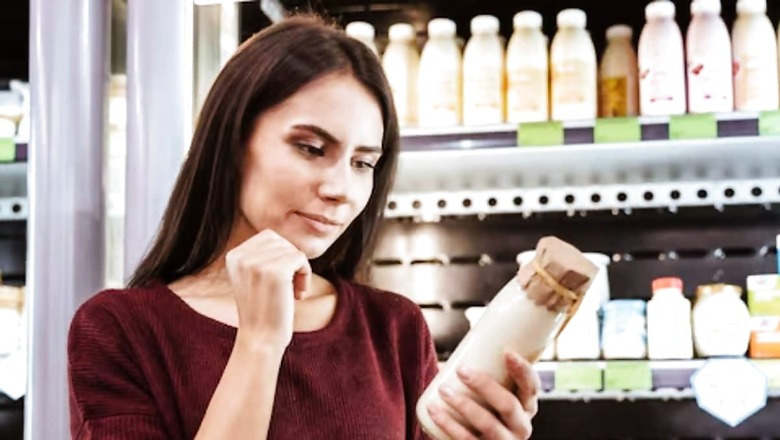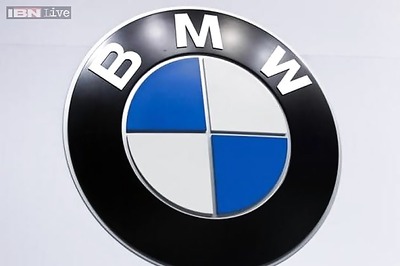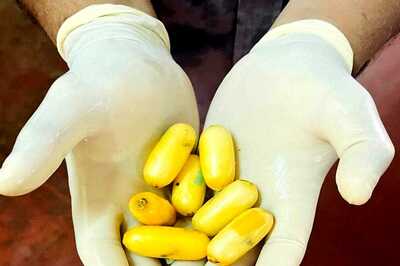
views
Consumer research firm NielsenIQ (NIQ) stated in its report that India is the only country in the Asia-Pacific region where the growth rate of consumer product sales has reached double digits. The growth rate of sales of FMCG, tech and consumer durable products has been more than 10 per cent. In a report titled Full View of Modern Trade Retail Trends, Nielsen stated that the way Indian consumers shop has changed with time. According to the report, 41 per cent of the urban Indian shoppers surveyed look up a product online but purchase it in-store.
The report highlighted the dominant position of India despite the presence of inflation. Underscoring the importance of modern trade as a channel for marketing and sales, NIQ data for March 2024 versus March 2023 shows that FMCG sales in modern trade rose 2 per cent in urban India, whereas T&D sales saw a 4 per cent increase.
NIQ’s data also state that the festivals give a booster dose to the Indian economy. These festivals contribute 20 per cent to the sales of FMCG and up to 60 per cent to the sales of tech and durable products. During this period, the sales of the non-food category have increased by 1.8 times, which has come due to the big discounts given by the companies.
Key categories such as toothpaste, soap, and washing powder lead the charge, clocking 20 to 30 per cent incremental sales on big days, the report noted.
Another driver for modern trade is the premium-plus price segment that drives almost 40 per cent of FMCG sales and 30 per cent of T&D sales. “Many new product launches in modern trade are in the premium-plus space, reflecting growing consumer willingness to pay up to 2X the average price for superior benefits and features,” said Sonika Gupta, Executive Director, of Customer Success – India, at NIQ.
The popularity of smaller packs growing at double the rate of large packs along with the rise of private labels and small players in the market, also plays a significant role in the increase of retail in India. Private labels are growing 1.5 times faster than large manufacturers and small players are driving 70 per cent of the new launches in modern trade.



















Comments
0 comment